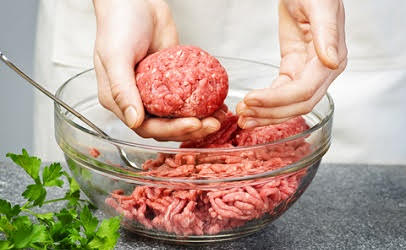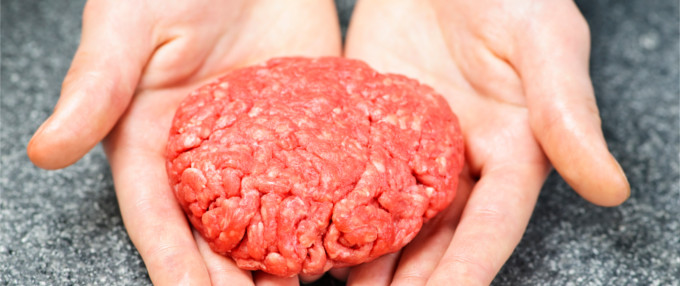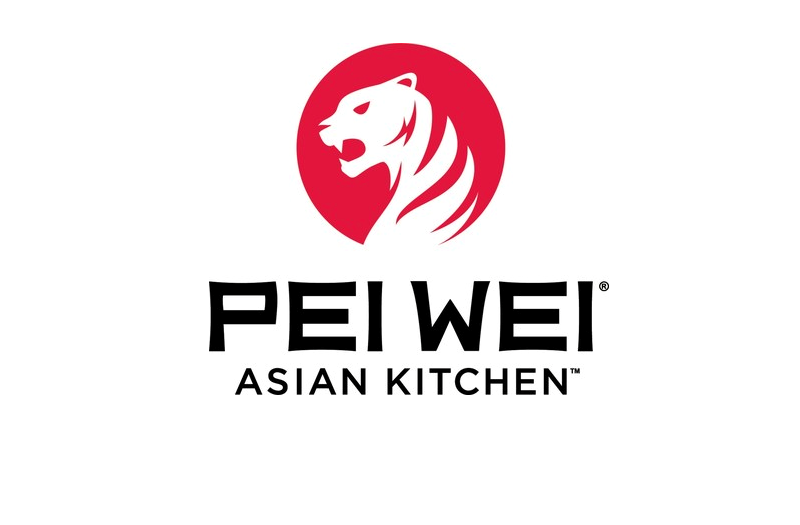More than Washing Your Hands: Preventing Food Poisoning
 Nobody likes getting food poisoning. This much is a given. It’s also worth noting that nobody wants to give anyone else food poisoning. Knowing that their food has made someone sick is a chef’s worst nightmare. Even so, food poisoning is incredibly common in the United States. According to a 2011 report by the CDC, one in six people gets food poisoning each year. Yikes!
Nobody likes getting food poisoning. This much is a given. It’s also worth noting that nobody wants to give anyone else food poisoning. Knowing that their food has made someone sick is a chef’s worst nightmare. Even so, food poisoning is incredibly common in the United States. According to a 2011 report by the CDC, one in six people gets food poisoning each year. Yikes!
If those numbers weren’t scary enough, Robins Cloud, a food poisoning law firm , says they are on the rise! It is important to understand that however common food poisoning may be, it is preventable. There are steps that you can take to make sure that the food you serve to your customers makes them happy, not miserable. Here is what you should do to prevent your restaurant from becoming ground zero for your town’s next food poisoning outbreak.
Wash Your Hands
Believe it or not, food poisoning isn’t always the result of spoiled or poorly stored food (though we’ll get to that in a minute). More often than not, food poisoning is the result of a chef, prep cook, or even a server failing to wash his or her hands properly after using the restroom. This is why, when a restaurant employee applies for a food handler’s card, they are required to learn the proper handwashing techniques.
One good rule of thumb is to make your employees–all of them–wash their hands twice. Once in the restroom and then once in the sink that sits adjacent to the food prep area or beverage service station. This accomplishes two things: it dramatically reduces the chance of spreading bacteria and it looks good to your customers.
Food Storage and Prep
There are very definite rules about how food needs to be stored when it is not about to be used. Make sure that your employees know the rules about refrigerator organization. All of the restaurant’s food needs to be stored in air-tight and properly labeled containers. That label should include what food is stored inside as well as the date and time that the food was originally stored. Date and time are important because they will make it easier to ensure that your kitchen follows FIFO (First In First Out)–a rule that ensures you’re always using the freshest ingredients.
Prepping food properly is also incredibly important. Don’t let your ego get in the way of using tools like meat thermometers, etc. to ensure that your food is fully and properly cooked. Take the extra minute to ensure everything is cooked properly before sending it out to the tables.
Keeping Things Clean
Restaurant kitchens can very quickly become very messy places. It is vitally important, therefore, that you have someone on staff whose job it is to keep the prep area as clean as possible. Stray peelings, dropped towels, etc. are all health hazards–not just for food poisoning but for your staff! You don’t want someone to slip or trip, right?
It is also vitally important that you never allow your staff to cut corners on cleaning. All dishes need to be washed and sterilized properly before food is plated. Don’t skip any steps here! The last thing you want is for a plate that hasn’t been properly sterilized to be the culprit in a food poisoning case!
Make sure you’re keeping up with cleaning maintenance, too! Taps need to be flushed regularly to keep bacteria from building up. Ovens and stoves need to be cleaned to keep old bits of food from contaminating new dishes (and preventing grease fires).
Finally, don’t ever slack on the cleaning of the dining room. Thoroughly clean every table and chair after every guest leaves and before a new guest is seated. Trust us: the customer would rather wait a minute to be ensured a clean table than be seated somewhere dirty. Use actual cleanser on every table and chair between every guest. Don’t just assume that a damp rag is enough to get the job done.
Health Inspections
Perhaps the best way to make sure that your restaurant is always as clean and healthy as possible is to make sure that it is always ready for a surprise health inspection. Get a copy of the health inspection checklist and follow it to the letter, every night. Yes, even seemingly trivial tasks like wiping crumbs out of the refrigerator door strips need to be done. It’s true that this will feel like a lot of work, but isn’t that work worth it if it keeps your customers happy and healthy?
Bacteria are sneaky little bugs and it is really easy to spread them and make people sick. Follow the tips we’ve laid out here to keep them from damaging your business.







